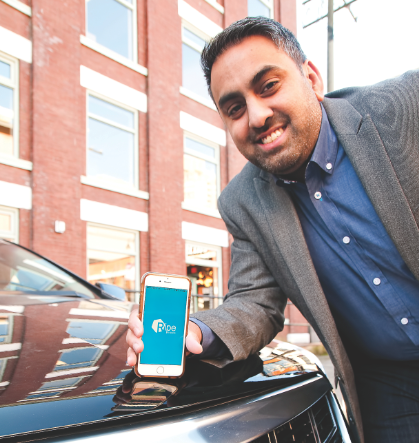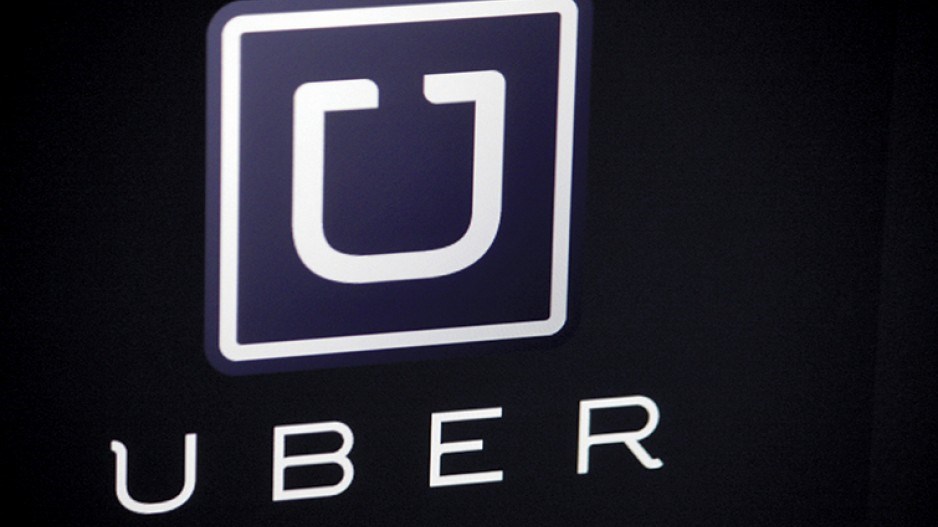Five years after its initial attempt to launch in Vancouver, Uber and other ride-sharing services look set to get the green light for B.C. roads this year.
The province announced Tuesday (March 7) it will be ready to roll out ride-sharing services by the holiday season of 2017, meaning the introduction of Uber or Lyft would have to come after May’s provincial election.
“There’s a lot of pressure on the government, particularly from millennials, to get something that is beyond what the taxis are offering,” said lawyer Bill McLachlan, who represents the BC Taxi Association.
He added the timing of the rollout is not surprising.
“If the Liberals get elected, they want to dangle these incentives. And if they don’t [get elected], who knows where these things will go?”
Community, Sport and Cultural Development Minister Peter Fassbender, who handles the ride-sharing portfolio in cabinet, and Transportation Minister Todd Stone said the government would help the taxi industry to stay competitive.
Among the initiatives announced was an investment of up to $1 million to develop a new app for the taxi industry with shared dispatch, as well as hailing and payment options similar to what other ride-sharing services offer.
The province also said it would work with municipalities to allow ride-sharing drivers and taxi drivers to pick up and drop off in different cities.
Currently, a Vancouver taxi driver can pick up in Vancouver and drop off in Coquitlam. But the Vancouver driver would not be able to pick up a passenger in Coquitlam while driving back to his home base.
“It’s very progressive thinking,” said Nitesh Mistry, director of business operations at Vancouver-based Ripe Rides.
Ripe Rides has 20 licences for upscale luxury sedans, which are dispatched through apps similar to Uber’s or Lyft’s.
Mistry said Ripe Rides has pushed the government for multi-city pick-up and drop-off throughout its consultations with the industry.
In December, Ripe Rides applied to the Passenger Transportation Board (PTB) for 150 multi-city taxi licences so that it could offer its digital dispatch services at the same rates taxis charge, albeit not in the luxury sedans it currently offers.
Mistry said he and his colleagues are still digesting the March 7 announcement but they believe it’s most likely a positive development for the company.
While the province will look to have Uber on the road by the year’s end, Mistry said Ripe Rides does not currently plan to withdraw its application for 150 taxi licences.

“We need some more information on what exactly the structure is going to be for ride-sharing before we make any decisions on whether we’d like to reapply for ride-sharing licences or potentially switch our application from the taxi licences to ride-sharing licences,” he said.
Photo: Ripe Rides director of business operations Nitesh Mistry | Credit: Chung Chow
Uber initially tried to launch in Vancouver in 2012, but it was forced to suspend operations after it was determined to be functioning as a limo service and therefore had to comply with limo rules, including a minimum $75 charge for rides.
In 2014, the Vancouver Taxi Association filed a lawsuit alleging Uber planned to operate illegally in the city without attaining proper licences from city hall or the province’s Passenger Transportation Board (PTB).
Last October, Vancouver city council placed a one-year moratorium on issuing new taxi licences.
-With files from Jen St. Denis and Emma Crawford Hampel




